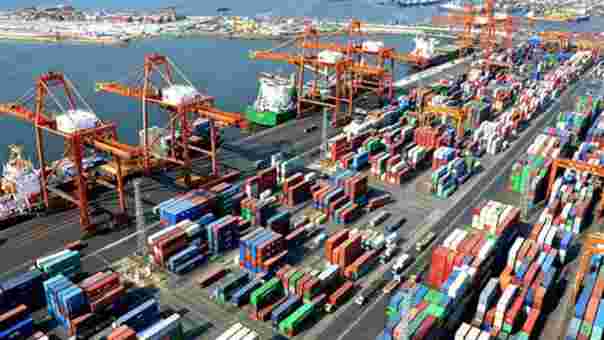Karachi, July 23, 2025 – The Port Qasim Authority (PQA) has released its daily report detailing shipping operations and vessel movements for the past 24 hours, concluding at 0800 hours on Wednesday, July 23, 2025.
The comprehensive update is issued to inform port users, agents, and logistics stakeholders of key maritime activities at one of Pakistan’s busiest commercial hubs.
According to the official report, three vessels departed from Port Qasim within the reporting period. These included M.T-BENTLEY I, which sailed after discharging 32,149 metric tons of palm oil, M.T-AN 61 carrying liquefied petroleum gas (LPG), and M.V-MSC FALCON III, a container vessel. These departures represent the efficient turnaround of vessels handled by the port’s operational teams.
In addition, five ships were berthed successfully during the same time frame. Bulk carrier M.V-ASL IXORA docked to unload 58,899 metric tons of coal, while M.T-PACIFIC SARAH began discharging 58,719 metric tons of imported Mogas (motor gasoline). The shipping lanes remained active with the arrival of M.T-LEONARDO B and M.T-SIYA RAM, both carrying LPG and palm oil respectively. Meanwhile, the container vessel M.V-HANSA AFRICA was berthed at QICT to manage intermodal cargo.
The port’s daily shipping report reflects an ongoing surge in marine logistics and petroleum imports, highlighting the increasing reliance on Port Qasim for handling vital energy and cargo shipments. Terminal operators including FOTCO, PIBT, LCT, and QICT played crucial roles in facilitating timely berthing, discharge, and departure of these vessels.
PQA’s control and coordination teams are working around the clock to streamline port activities and minimize turnaround time despite the growing volume of shipping traffic. With the monsoon season active, additional care is being taken to ensure safe operations in line with maritime safety protocols.
This report serves as a daily indicator of the port’s performance, showcasing its strategic importance to Pakistan’s trade and supply chain logistics. Port Qasim continues to remain a vital node in ensuring the uninterrupted flow of fuel, industrial raw materials, and containerized goods across the country.
